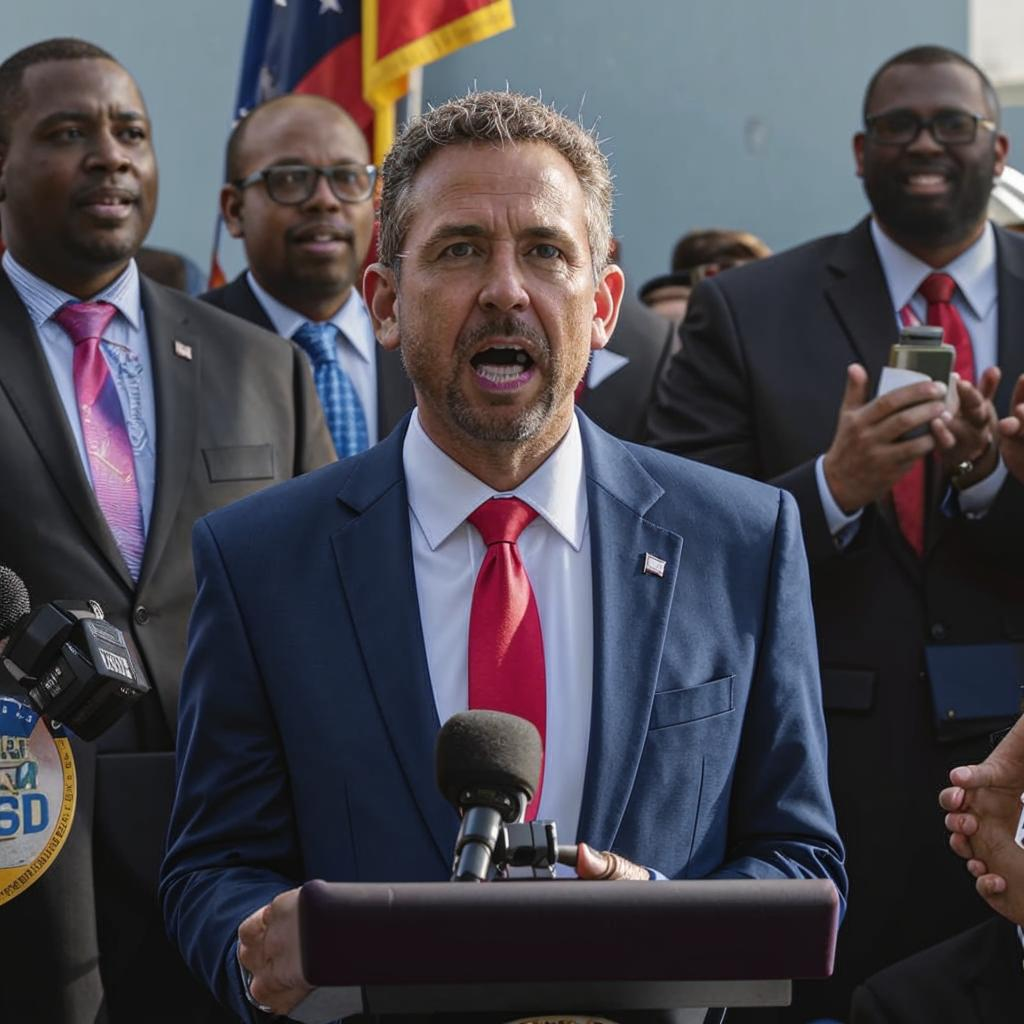The mental well-being of young Americans is in crisis, and the pervasive influence of social media is under intense scrutiny. Rising rates of anxiety, depression, and suicidal ideation among teens and young adults are prompting urgent conversations about the impact of platforms like Instagram and TikTok.
Studies suggest a correlation between heavy social media use and increased feelings of isolation, inadequacy, and body image issues. The curated and often unrealistic portrayals of life online can fuel feelings of comparison and competition, leading to diminished self-esteem. Cyberbullying, another prevalent issue, exacerbates these challenges, providing a platform for harassment and exclusion that can have devastating consequences.
While social media offers opportunities for connection and support, its potential for harm cannot be ignored. Experts advocate for responsible usage, encouraging young people to limit screen time, be mindful of the content they consume, and prioritize real-life interactions. Parents, educators, and policymakers are urged to collaborate on strategies to promote digital literacy and foster a healthier relationship with technology. Finding a balance between the benefits and risks of social media is crucial for safeguarding the mental health of the next generation. Further research is needed to fully understand the complex interplay between social media and mental well-being, but the need for proactive intervention is clear. The focus should be on equipping young people with the tools to navigate the digital world safely and thrive in an increasingly interconnected society. Resources and support systems must be readily available to address the growing mental health needs of this vulnerable population.











